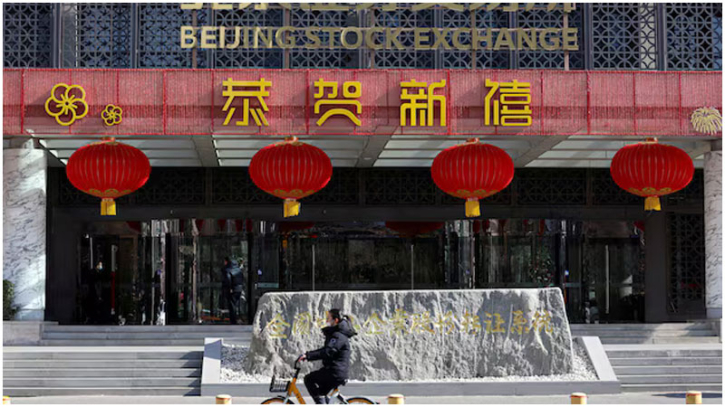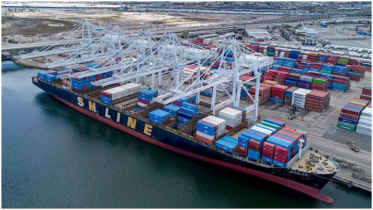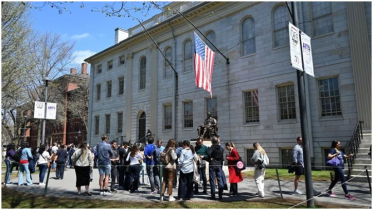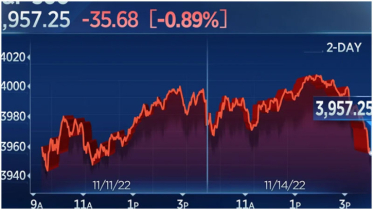US stocks bounce on China trade talks

US stock futures bounced and Asian currencies rose on Wednesday, as investors welcomed news of a meeting between top U.S. and Chinese trade officials, set for the weekend in Switzerland, as a chance to tone down the trade war.
"My sense is this will be about de-escalation," U.S. Treasury Secretary Scott Bessent said on Fox News.
S&P 500 futures rose about 0.9%, recouping what had been a fall in the cash session when U.S. President Donald Trump had seemed to strike a more confrontational tone.
Stock markets in Japan and Australia edged higher.
The dollar rose a little bit on the yen but fell on other Asian currencies, with the offshore yuan creeping close to a six-month high and the Australian dollar at a five-month high and just above 65 U.S. cents.
"It suggests that there is perhaps a willingness and enthusiasm on both sides to meet at a high level, so it can't be anything but positive I would have thought," said National Australia Bank's head of foreign exchange research Ray Attrill.
"It's ostensibly positive for Asian FX generally."
Asian currencies, led by a flying Taiwan dollar , have surged on the greenback lately on speculation that a weaker dollar is part of Trump's trade agenda and as big investors cut large dollar positions built over years of buying U.S. assets.
Gold fell 1% and oil was about 1% higher. Benchmark 10-year Treasury yields were steady at 4.3238%.
The U.S. Federal Reserve meets to set interest rates later on Wednesday, with expectations for cuts being dialled down.
Markets imply nearly no chance of a move on Wednesday and only a 33% chance of a cut in June, down from 64% a month ago.
The heaviest fighting in more than two decades has erupted between nuclear-armed neighbours India and Pakistan, with shelling and gunfire over the frontier in Kashmir and India striking targets inside Pakistan.
"It adds another layer to geopolitical tensions," said NAB's Attrill, and would likely push down on India's rupee.
The euro had support above $1.13 with German conservative leader Friedrich Merz elected chancellor in a second round of voting after his alliance with the Social Democrats was dealt a surprise defeat in the first attempt.
.png)




